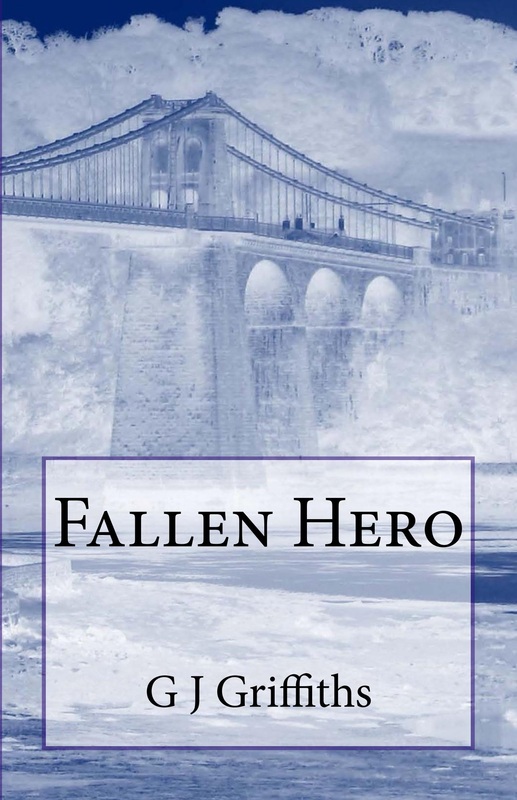When I started reading Dragon I found a few things in the first chapter that rang bells in my memory and gave rise to feelings of disappointment that grew by the page. The main reason for this was that I was concerned I would not find ideas and concepts in Dragon that seemed to me to possess originality. For example: there is a character called Suleiman, and another who is a Fremen; there is a scene where a group of aliens and humans are gambling in a bar and a space ship becomes the subject of a stake in a card game. We read of an alien with pointy ears and later of another alien, Tytus, who reads insufferable heroic poetry. However, notwithstanding my feelings of trepidation about the next few chapters I continued reading what appeared to be a fantasy/sci-fi kind of book.
The story is of two characters, Sillow and Brok, who have little in common but who must try to save the peace that hangs delicately in space between recently warring worlds. The shady, diminutive Sillow and goliath-like Brok are the pair of buddies in an action-packed book that, unfortunately, does not allow the reader time to gather some awareness of their character. This is also due, in part, to Mr McCormick devoting very little of his narrative to descriptions of the background to his characters or the settings. You are plunged relentlessly from one dramatic “fight scene” to the next, hardly drawing breath before another cliff-hanger approaches. However, there are plenty of amusing moments and interesting ideas to help dilute some of the concentrated action. For example there are “robo-cop” type machines that combine organic protoplasm material with synthetic components; and there is a fungal spore that causes its victims to become terrorising mutant beings. There is a malevolent, lizard warlord who wishes to plunge the universe back into war, and another elderly lizard, Lagua, who happens to be a likeable ambassador. The ending is where this reader wanted to be with a conclusion that is well thought out.
The first sentence of the book’s preamble that began with: “For decades there were fire and chaos.” was a bit off-putting since I feel sure it should say “…there was fire and chaos”, but I wait to be corrected. After that I must say that the writing and use of the English language throughout the book was refreshingly excellent – especially in this growing world of indie/self-publishing where it is all too easy to find bloopers and basic errors in a “new novel”. The ringing bells in my memory are in this list: Saruman of Lord of the Rings, the fremen of Dune, the bar in Star Wars, Spock of Star Trek, the Vogons in The Hitchhiker’s Guide To The Universe who wrote the “third worse poetry in the universe” I believe. Science fiction is of two main types: those novels full of “amazing” futuristic technology and very little humanity, and the other type with a compelling plot-line and plenty of character development. Dragon is, for me, the former kind of novel and so perhaps that is why I rated it as just “OK”.
Rating: 3 stars (WoW Blog)

 RSS Feed
RSS Feed






